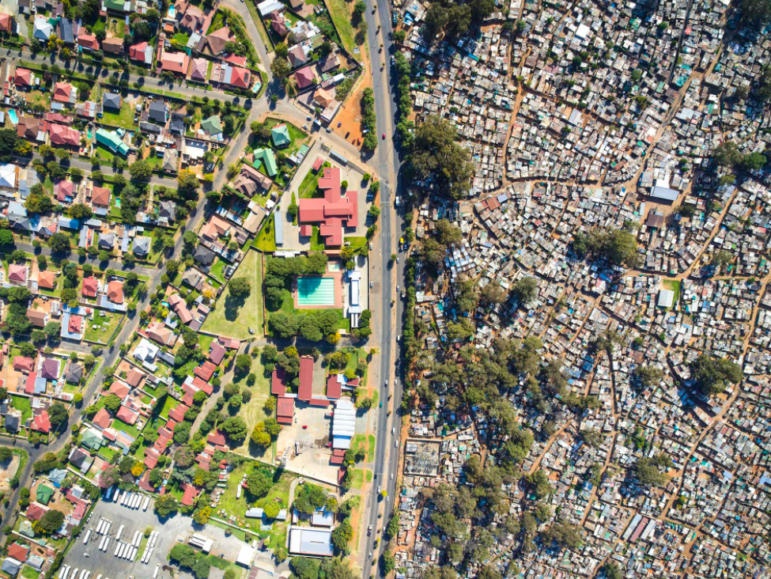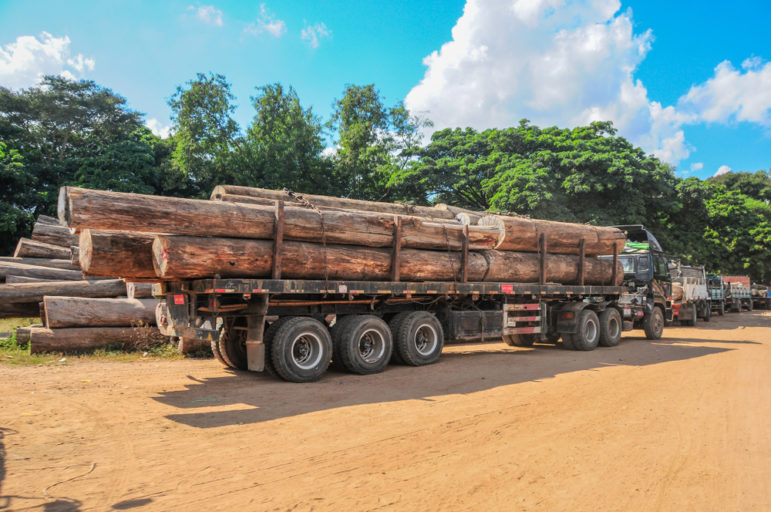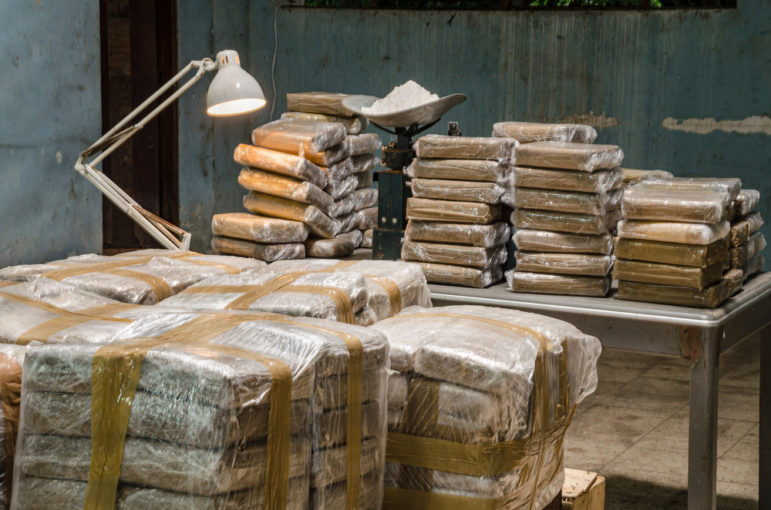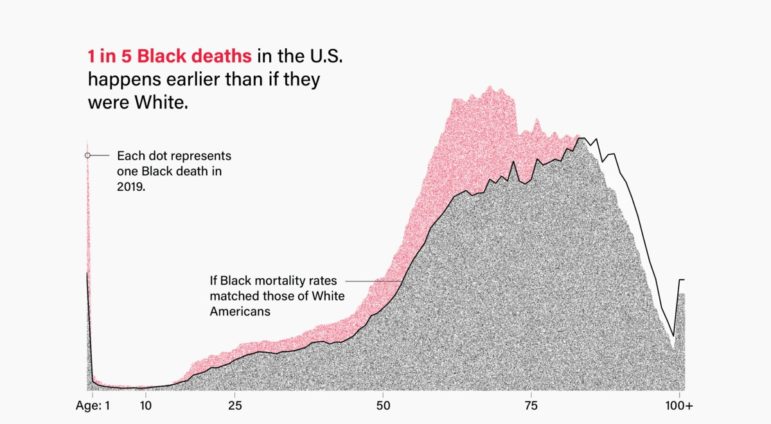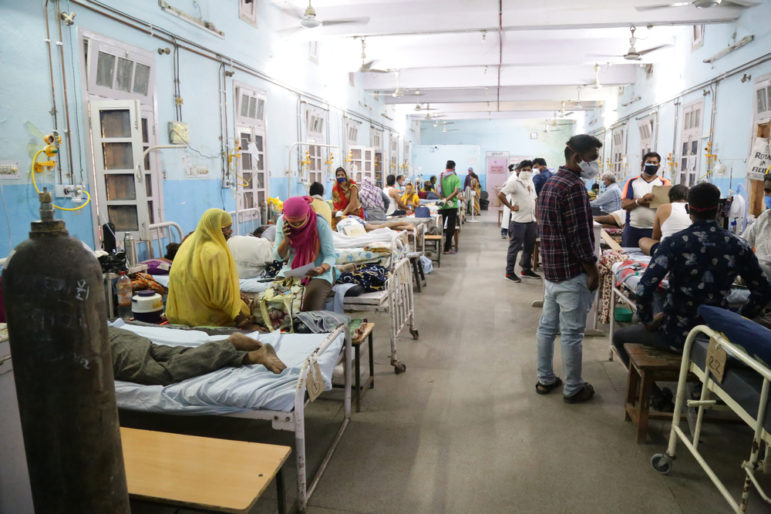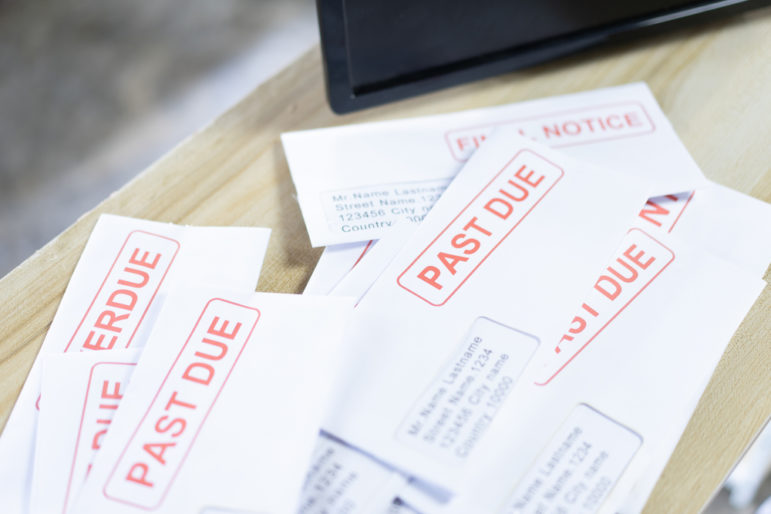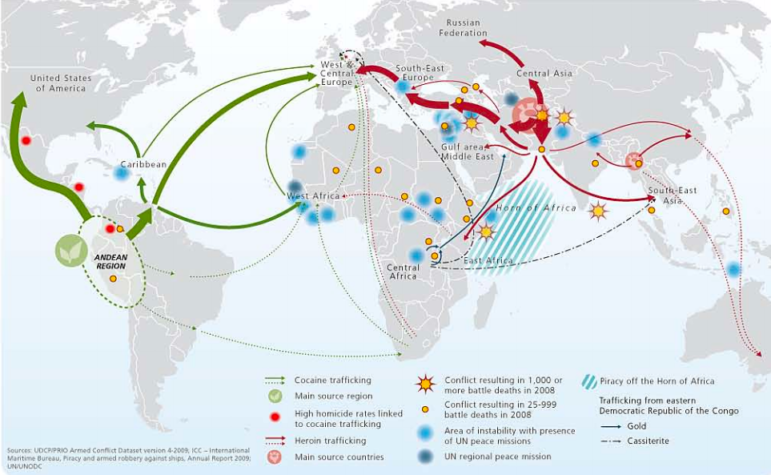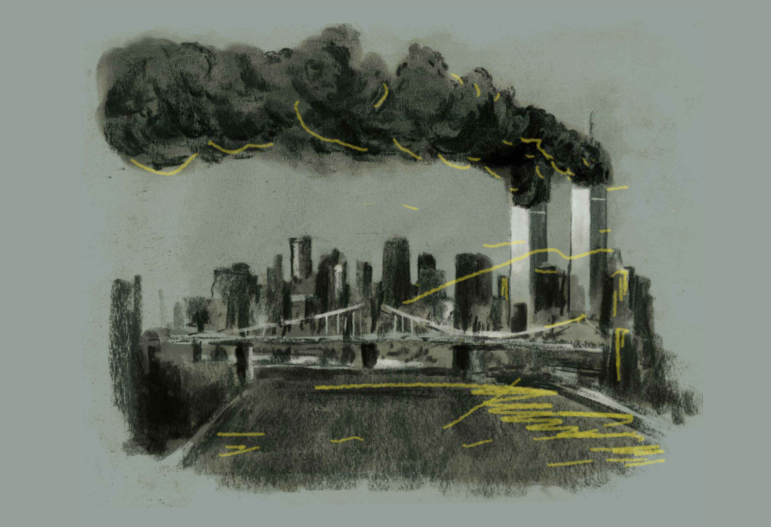
Data Journalism
Data Journalism Top 10: Remembering 9/11, TikTok Sex & Drugs, Global Forest Fires, Indigenous Schools
Tracking the most popular data journalism stories on Twitter from September 6 to September 13, we found a visual project by the South China Morning Post explaining the global impact of the deadliest terrorist attack on American soil in US history, a Guardian investigation into the history of Canada’s residential schools, and a video project by Le Monde exploring the recent history of forest fires around the world.

